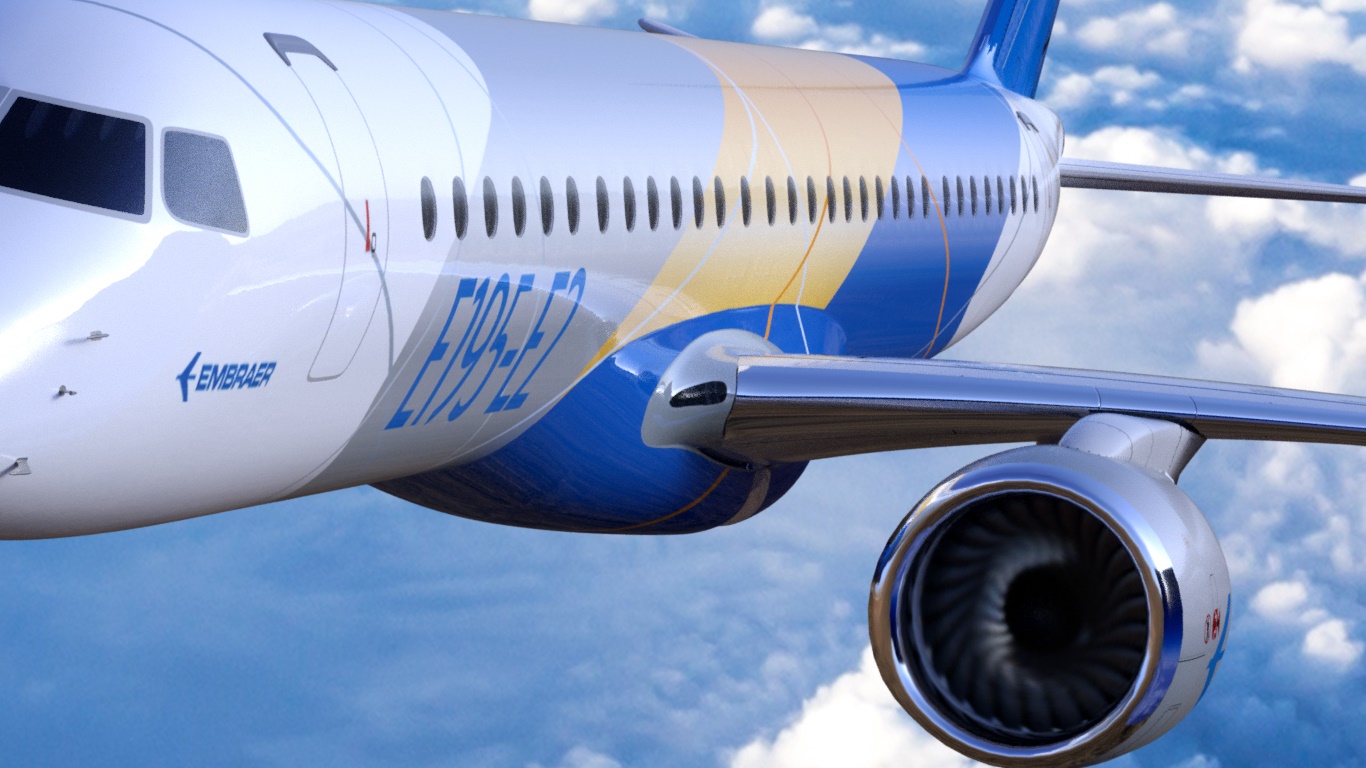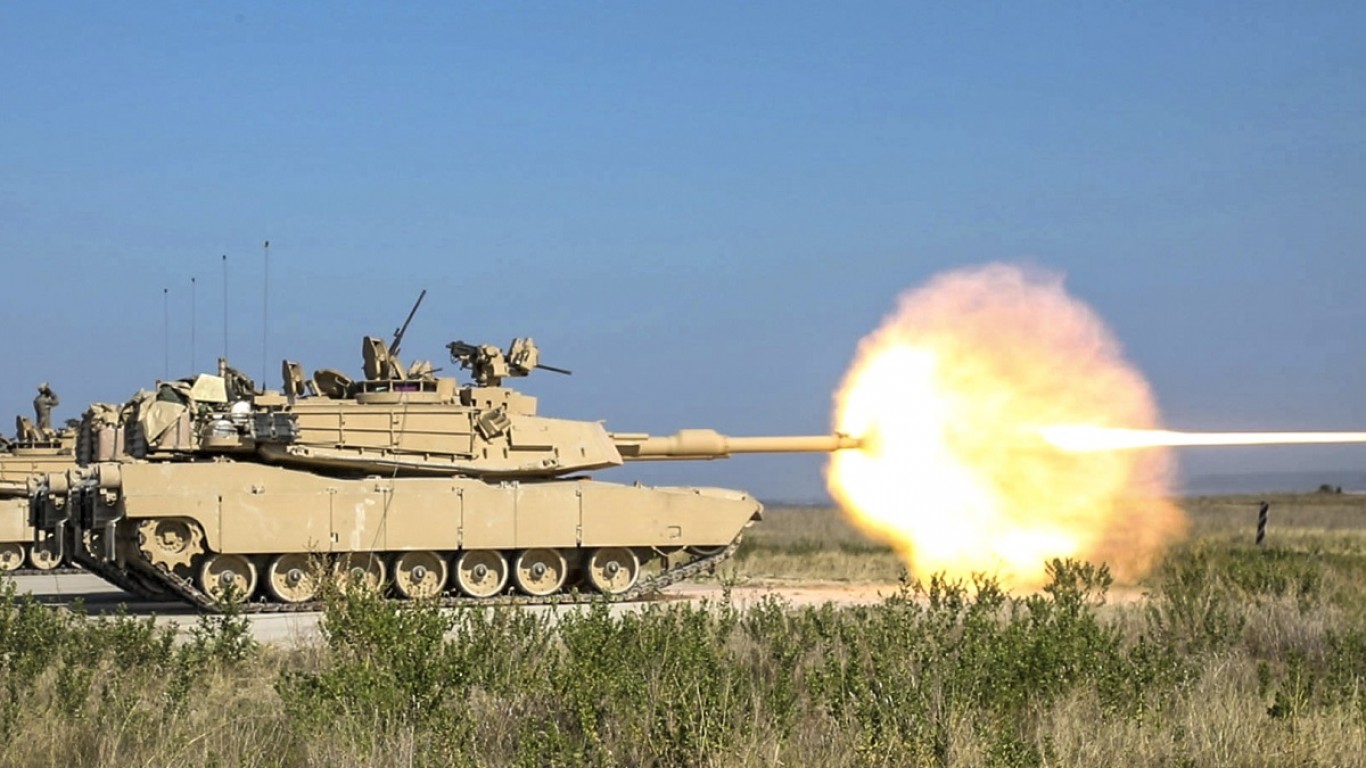
Following months of speculation, Boeing Co. (NYSE: BA) and Brazil-based aircraft maker Embraer S.A. (NYSE: ERJ) announced Thursday morning that the two companies have signed a memorandum of agreement to establish a joint venture with a rather vague goal: “to position both companies to accelerate growth in global aerospace markets.” Presumably, the two companies were doing that separately before the agreement was signed.
Under the terms of the agreement, Boeing will hold an 80% ownership stake in the joint venture and Embraer will own the remaining 20% stake. Boeing’s stake is valued at $3.8 billion, and the deal is expected to begin paying off for Boeing in 2020 and to generate annual pretax savings of $150 by the joint venture’s third year. To all intents and purposes, Boeing is taking over Embraer’s commercial jet business.
What the deal really does is give Boeing an answer to the recently completed formation of a joint venture between Airbus and Bombardier that gave Airbus control of Bombardier’s CSeries single-aisle program. The CS-100 carries fewer passengers (100 to 125) than either the Boeing 737 or the Airbus A320 families and is a niche for which Boeing had no internal answer.
There are essentially two reasons that Boeing did this deal. First, Embraer builds mainly regional jets but delivered its first E190-E2 commercial jet with seating for 97 to 114 passengers in April. The larger E195-E2 carries 120 to 146 passengers, began flight testing last year and is scheduled for first delivery next year. These new planes answer the Airbus/Bombardier CS-100.
More important, perhaps, is the engineering talent Boeing acquires with the deal. Boeing CEO Dennis Muilenburg commented:
By forging this strategic partnership, we will be ideally positioned to generate significant value for both companies’ customers, employees and shareholders – and for Brazil and the United States. This important partnership clearly aligns with Boeing’s long-term strategy of investing in organic growth and returning value to shareholders, complemented by strategic arrangements that enhance and accelerate our growth plans.
What Embraer also has is a young engineering workforce led by a program director who is just 42 years old, and the company has figured out how to build two different airplanes on the same automated assembly line. The E1 and E2 both have a mostly common fuselage, but a variety of engines, wings and landing gear. Having the ability to build both planes on the same line is a huge advantage.
The joint venture memorandum of understanding is subject to final negotiated details and shareholder and regulatory approvals. Boeing expects the deal to close by the end of 2019.
Boeing stock traded up about 0.8% Thursday morning, at $335.50 in a 52-week range of $198.86 to $374.48.
Embraer’s American depositary shares traded down about 0.8%, at $26.00 in a 52-week range of $18.36 to $28.55.
It’s Your Money, Your Future—Own It (sponsor)
Retirement can be daunting, but it doesn’t need to be.
Imagine having an expert in your corner to help you with your financial goals. Someone to help you determine if you’re ahead, behind, or right on track. With SmartAsset, that’s not just a dream—it’s reality. This free tool connects you with pre-screened financial advisors who work in your best interests. It’s quick, it’s easy, so take the leap today and start planning smarter!
Don’t waste another minute; get started right here and help your retirement dreams become a retirement reality.
Thank you for reading! Have some feedback for us?
Contact the 24/7 Wall St. editorial team.



